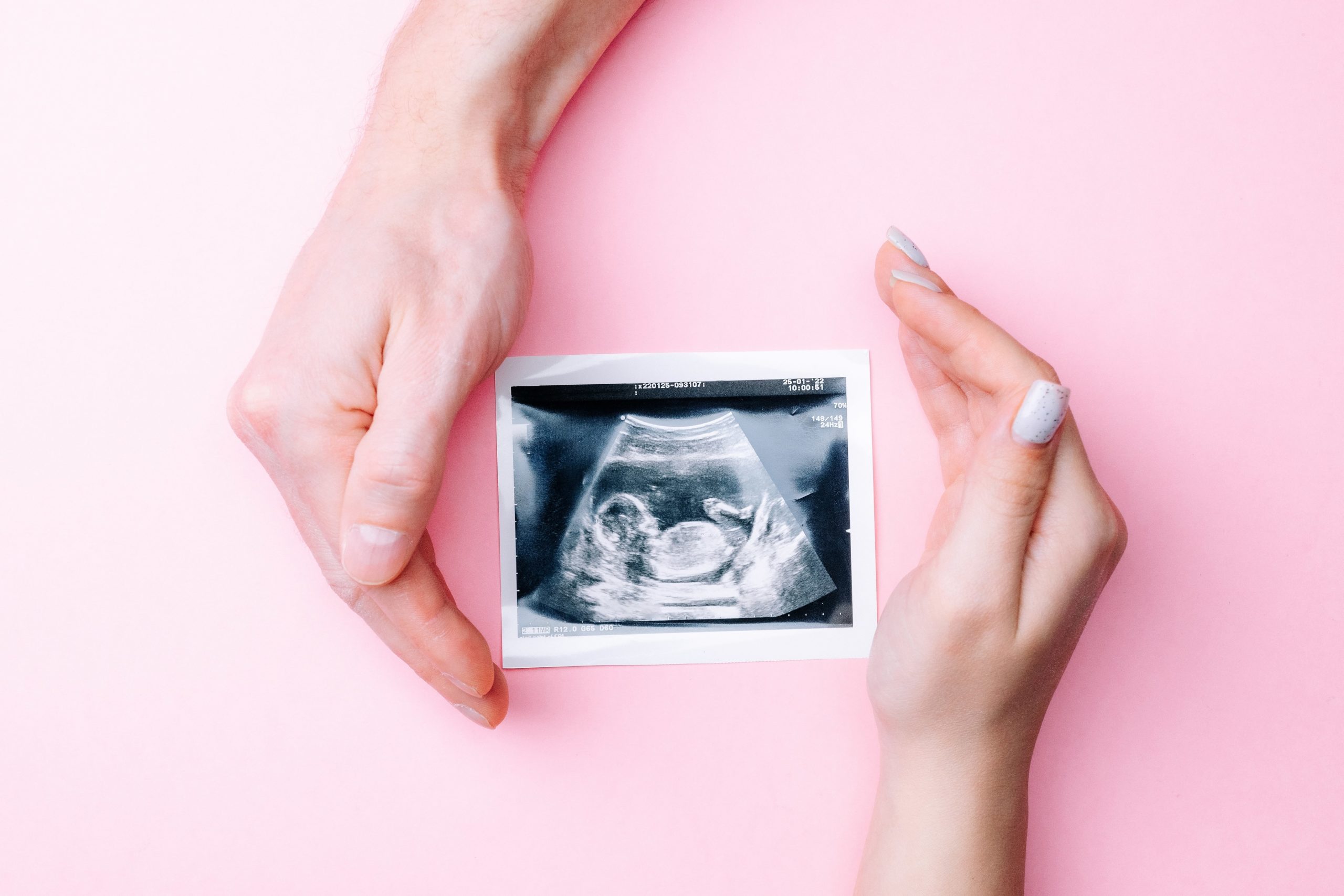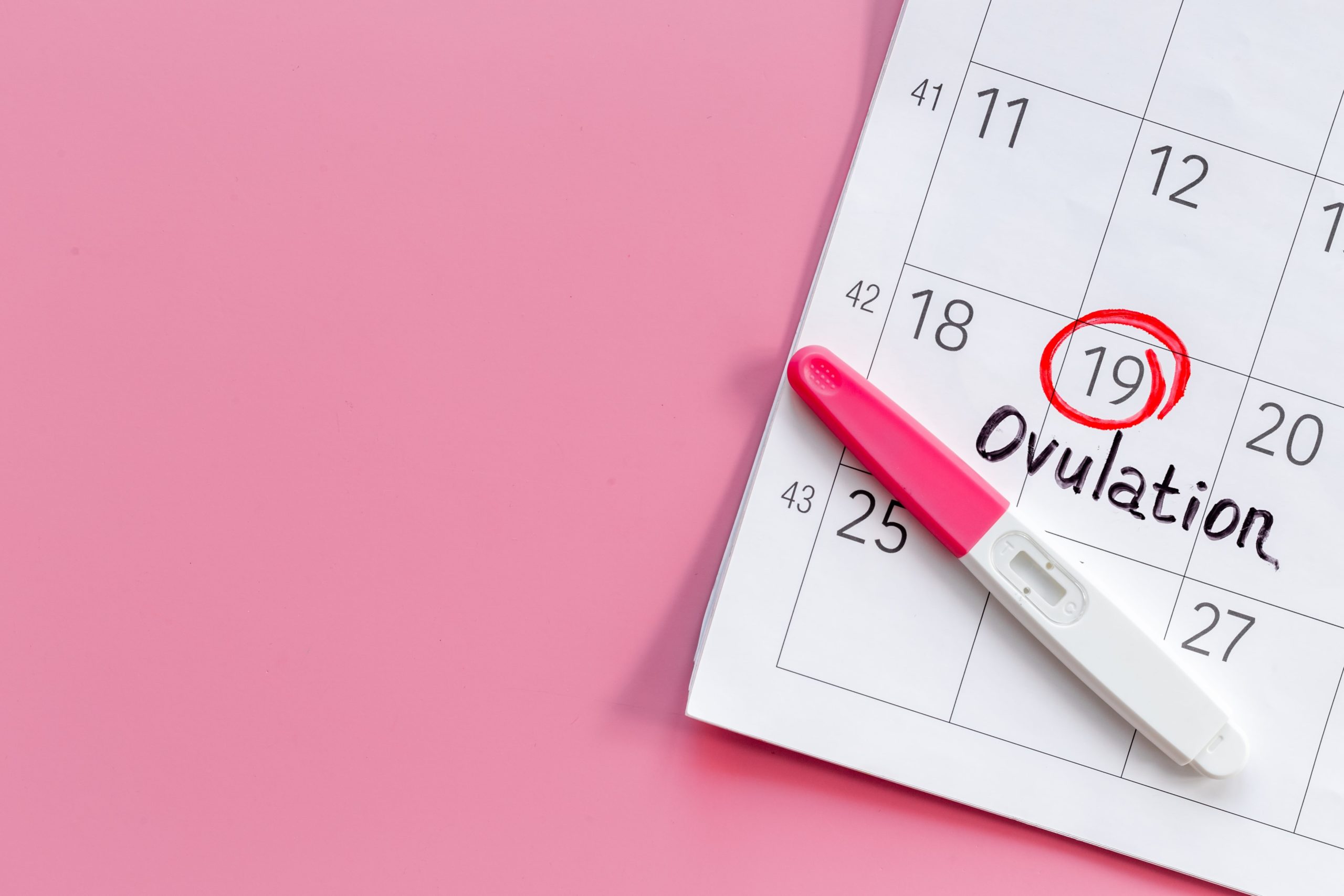
Menopause and Urinary Symptoms

Menopause and Urinary Symptoms
Menopause and Urinary Symptoms
Author: Dr. Tejinder Kaur MBBS, Diploma in Hospital Administration, Diploma of National Board training, Fellowship in Reproductive Medicine
Consultant: Obstetrician & Gynaecologist at Motherhood Hospital, Mohali
Menopause on average starts at the age of 51 in most women. This causes changes in the female body including urinary function. According to Dr Tejinder Kaur, MBBS, Diploma in Hospital Administration, Diploma of National Board Training, Fellowship in Reproductive Medicine, Consultant-Obstetrician and Gynaecologist, bladder symptoms become more likely as you get older due to the lack of oestrogen in the body. Around two-thirds of women in their menopause experience vaginal and bladder-related symptoms. If you feel such symptoms, consult the best gynaecologist in Mohali at the earliest.
What are Bladder Symptoms?
A lot of women start experiencing bladder symptoms during their menopause. These, however, are not inevitable and do not need to be entirely accepted. The top gynaecologist in Mohali enlists the most common symptoms you may experience during this time:
- Needing to pass urine more often during the day and night.
- Pain while urinating.
- Urgent urination.
- Bladder incontinence: It can be of two types: (a) Stress incontinence: leaking of urine when you cough, sneeze, exercise, or laugh. Some women also leak during sex. (b) Urge incontinence: when you urgently go to the loo but do not make it in time.
- Waking up several times during the night to urinate or nocturia.
- Dryness, itching, and burning in the vagina or on the vulva.
- Vaginal bleeding.
- Painful sexual intercourse.
- A reduction in the fullness of the vulva and the vagina.
- Urinary tract infections.
What are the Causes of Bladder Symptoms?
Falling oestrogen levels in our body play a significant role in causing bladder symptoms. Oestrogen is responsible for maintaining healthy tissues in the bladder, urethra, and vagina, and also supports the pelvis. The loss of oestrogen during menopause makes the tissues in your bladder more delicate and sensitive. Instead of filling with urine, the bladder tries to empty before filling and gets irritated. This leads to discomfort and pain.
Apart from the bladder, the urethra and vagina may also be irritated. This leads to a condition called urogenital atrophy.
Stress incontinence is caused by weak muscles in the pelvic floor. This can get worse in the perimenopause and menopause. In addition, this also occurs during childbirth, increasing age, and obesity. In general, any condition that puts extra pressure on the bladder can make stress incontinence worse. A prolonged condition may lead to chronic constipation and obesity.
When Does Bladder Symptoms Start to Appear?
The best gynaecologist in Mohali tells us that bladder symptoms become more likely as you get older due to a lack of oestrogen in the body. You will not likely experience such symptoms in your perimenopause phase. A perimenopause stage begins in the mid to late 40s in women. Menopause sets in when you have gone 12 months without your menstrual period.
How to Treat Menopausal Urinary Symptoms?
Since a lack of oestrogen is the prime reason for urinary symptoms during menopause, hormonal therapy can help restore the vagina to its normal condition and relieve the symptoms. Usually, the top gynaecologist in Mohali recommends a low-dose oestrogen replacement along with lifestyle changes.
If you are on the verge of menopause or are going through menopause along with urinary symptoms, consult Dr Tejinder Kaur at the Motherhood Hospitals.
At Motherhood Hospitals, we have a team of experienced supers specialists backed by the latest infrastructure and facilities. We have the best gynaecologist in Mohali. We are experts in handling complex deliveries, gynaecological, and other surgeries including a range of laparoscopic surgeries.
Do take an appointment with the best woman care hospital in Mohali at a centre closest to you. Meet with our doctors who will carry out the required investigations, diagnose the issue and recommend the most appropriate treatment, enabling you to lead an active life.
If you wish to get in touch with Dr. Tejinder Kaur, please book your appointment here.
Related Blogs

NT Scan During Pregnancy: A Crucial Early Screening Test for Your Baby's Health
Read More
Boosting Fertility: A Guide to Conception Calculators and Ovulation Tracking
Read More
Understanding Different Types of Vaginal Birth Delivery
Read More
How to Treat and Prevent Brown Discharge
Read More
Endometriosis Understanding, Diagnosing, and Managing the Condition
Read More
Emotional Support During IVF Treatment
Read More
Understanding Gestational Diabetes: Insights from Dr Shruthi Kalagara
Read More
Urinary Tract Infection (UTI) in Pregnancy
Read More
Early Pregnancy Care for New Pregnant Women: Expert Advice | Motherhood Hospitals
Read More
Body Positivity Tips Post C Section (Cesarean Delivery)
Read MoreRequest A Call Back
Leave a Comment:
View Comments
Previous
Next
HELLO,
Stay update don our latest packages, offer, news, new launches, and more. Enter your email to subscribe to our news letter


 Toll Free Number
Toll Free Number








No comment yet, add your voice below!